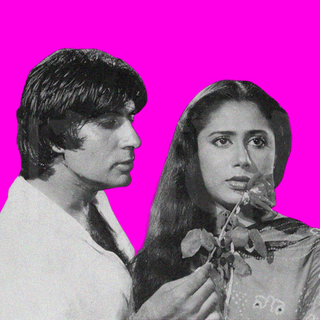When the showrunners of HBO’s House of the Dragon showrunners submitted their cast of actors for awards consideration, there was a glaring issue: Emma D’Arcy, a non-binary actor who played Princess Rhaenyra, was filed under the “best actress” category. This is presumably with their consent, but it raises larger questions about awards themselves.
Previously, Asia Kate Dillion wrote a letter to the Emmys after going through the process of “choosing” between the actor and actress categories for their nomination. “…if the categories of ‘actor’ and ‘actress’ are meant to denote assigned sex, I ask, respectfully, why is that necessary?” Dillion wrote. While the debate on gendered awards has been ongoing, it also prompts thinking about whether competitive awards are inherently exclusionary.
For one, fair competition presumes that participants are all equal. This is almost never the case: in a hierarchical society, some are better positioned in terms of advantages and resources than others. Competitive awards split on the basis of identity try to address this by ensuring that people from a marginalized group are represented in better numbers and aren’t overshadowed by the inevitable prevalence of privileged people. But identity is never static and always intersectional — which, in turn, creates a hierarchy among different identities, and which ones are privileged by the creation of separate categories.
For instance, it’s true that a separate category for women ensures that they’re represented in an otherwise male-dominated industry and field. But several high-profile competitive awards — including, most notably, the Oscars — have had a bias toward whiteness. The #OscarsSoWhite conversation made this disparity in the nominees and awardees stark. Mahershala Ali was the first Muslim actor to win an Oscar only in 2017; in the same year, Riz Ahmed was the first Muslim and Asian actor to win an Emmy. Chloé Zhao was the first woman of color to win an Oscar for directing in 2021, and only the second woman ever. And the list of all the Black women to have won Emmys remains woefully short.
Related on The Swaddle:
What Relevance Do Gender‑Based Awards Hold Anymore?
Clearly, the actor-actress division in acting awards is not only restrictive in terms of gender, but also falls short of doing justice to race, ethnicity, and religion. But on the other hand, gendered award categories are important for trans people’s representation — especially at a time when trans identity is under attack. Recognizing and awarding trans women in the women’s category, or trans men in the men’s category, is important from an institutional standpoint.
It would seem, then, that everyone who is marginalized in some form is pit against one another in the bid to be recognized as equal, talented, and important to culture. The very essence of competition is to pit people against one another — but in the context of recognizing talent, it forces cultures and identities to compete against each other, too. The conversations about diversity in award ceremonies become moot beyond a point when we consider that diversity isn’t possible in an inherently “winner-takes-all” system.
What, then, would talent look like if we did away with competition entirely? For one, it would unseat the cultural legitimacy afforded to the historically privileged, who have overwhelmingly been recognized as more worthy or more talented as others (and have largely played a role in recognizing themselves as such). Competitive awards have had the effect of legitimizing some people as better than others based on a false impression of merit in the competition.
Then, it would also end the conversation wherein marginalized people are forced to choose an identity that’s not theirs, or win at the expense of people whose experience of marginalization is different. As for what a lack of motivating recognition would do to craft? It remains to be seen — but there’s emerging research to show that competition-based models of learning and growth aren’t all they’re cracked up to be. The radical answer to the endless debate on inclusivity at awards? Abolish them — and start from scratch.




